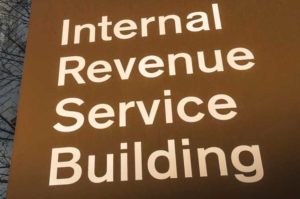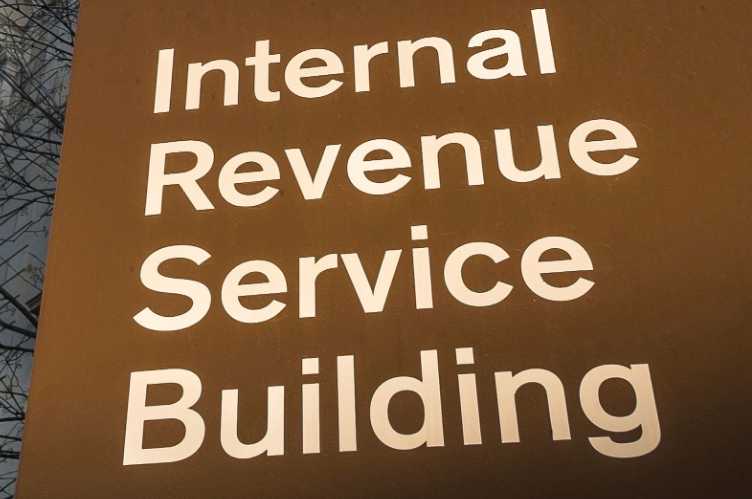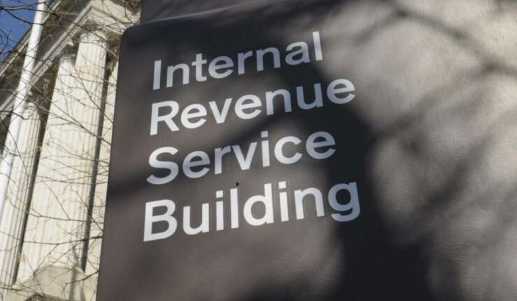 The U.S. Internal Revenue Service said Thursday it has recovered $1 billion in unpaid taxes from high-wealth tax evaders, marking a significant achievement in its efforts to enforce tax compliance.
The U.S. Internal Revenue Service said Thursday it has recovered $1 billion in unpaid taxes from high-wealth tax evaders, marking a significant achievement in its efforts to enforce tax compliance.
“With this collection activity, the IRS has passed an important milestone in our efforts to improve compliance and ensure fairness in the tax system,” said IRS Commissioner Danny Werfel. “Our increased work in this area means these past-due tax bills from high-end taxpayers are no longer being left on the table, like they were too often in the past.”
Treasury Secretary Janet Yellen hailed the Inflation Reduction Act, passed in 2022, for promoting tax equity, emphasizing that all affluent taxpayers should fulfill their tax obligations, mirroring the responsibilities of working families.
The IRS launched several initiatives last year targeting affluent individuals who failed to pay taxes. The focus was on taxpayers earning over $1 million annually with recognized tax debts exceeding $250,000.
“President Biden’s Inflation Reduction Act is increasing tax fairness and ensuring that all wealthy taxpayers pay the taxes they owe, just like working families do,” Yellen said in a statement.
In June, the Treasury proposed guidelines to curb “partnership basis shifting,” a tactic used to shift assets among related entities to avoid taxes. The Treasury estimates it could generate over $50 billion in revenue over the next decade.
Recent initiatives also include crackdowns on improper deductions for personal flights on corporate jets and recovering unpaid taxes from delinquent millionaires.
Eugene Steuerle of the Urban-Brookings Tax Policy Center said showcasing the positive impact of IRS actions without burdening average taxpayers could bolster broader public support for enforcement.
Meanwhile, House Republicans have consistently sought to reduce IRS funding, and built a $1.4 billion cut into a debt ceiling measure and a budget cut package passed in the summer of 2023.
Additional proposed cuts for fiscal year 2025 could affect IRS operations, including programs like Direct File, which allows taxpayers to file their taxes directly with the IRS instead of through a third party.
Demian Brady of the National Taxpayers Union Foundation said that audits in 2023 still primarily targeted individuals earning less than $200,000 annually.
The IRS said that years of budget cuts prior to the Inflation Reduction Act had hampered its ability to address sophisticated tax evasion tactics among the wealthiest taxpayers. The agency said it remains committed to closing an enforcement gap.
[content id=”52927″][content id=”79272″]




